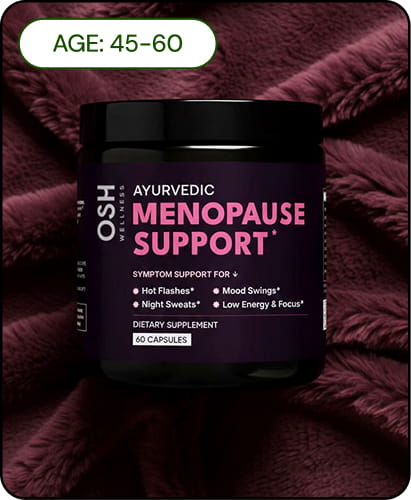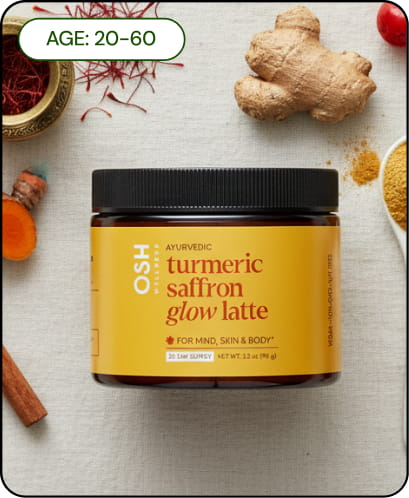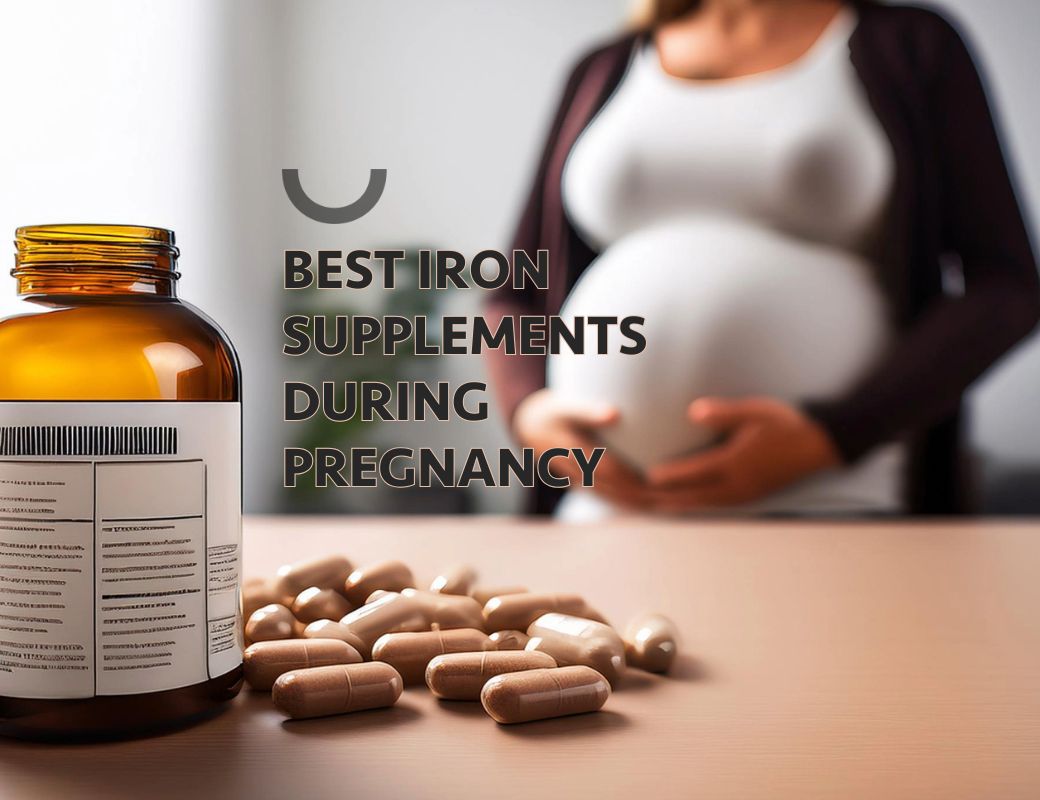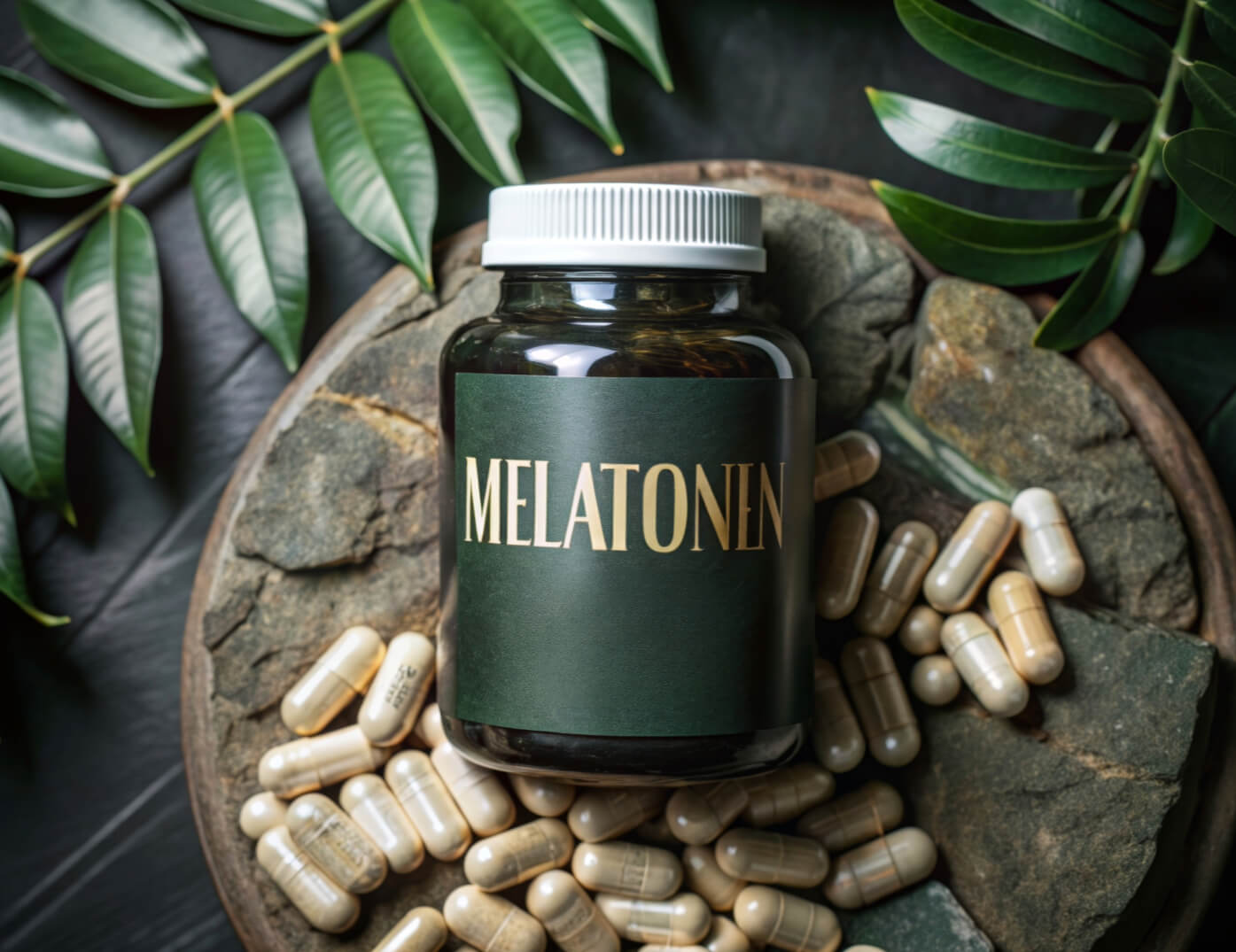Iron is an essential nutrient crucial in maintaining overall health, particularly during pregnancy. As your body undergoes big changes to support your growing little one, the demand for iron increases, making it vital for you to ensure you're getting enough of this essential mineral. This article will explore the importance of iron, its functions during pregnancy, the best iron supplements available, and how to choose the right one.
Why is Iron So Important?
Iron is a mineral that is needed for various bodily functions. It is a key component of hemoglobin, the protein in red blood cells responsible for carrying oxygen from the lungs to the rest of the body. Iron also supports immune function, cognitive development, and energy production. An iron deficiency can lead to anemia, where the body doesn't have enough healthy red blood cells, resulting in fatigue, weakness, and other health issues.
During pregnancy, the body requires even more iron to support the increased blood volume and to provide oxygen to the developing fetus. Ensuring adequate iron intake is essential for the health of mom and baby.
What Does Iron Do In Pregnancy?

Iron plays several important roles when you're expecting, making it one of the most essential nutrients in a pregnancy diet. These functions include:
Supporting Increased Blood Volume
During pregnancy, a woman's blood volume increases by about 50%, requiring more iron to produce the extra hemoglobin needed for this expanded blood supply.
Preventing Anemia
Iron helps prevent iron deficiency anemia, a common condition in pregnant women that can lead to fatigue, weakness, and complications during delivery.
Supporting Fetal Development
Iron is crucial for developing the baby's brain and nervous system. Adequate iron levels are linked to better cognitive function and a lower risk of developmental delays.
Strengthening the Immune System
Iron supports the immune system, helping to protect both the mother and the developing baby from infections.
Ensuring sufficient iron intake through diet and supplements is vital to a healthy pregnancy.
Ways to Get Iron During Pregnancy

Many of us don't get enough iron from our foods, especially when growing a baby. Therefore, supplements can help fill in any nutritional gaps. Several options are available when choosing an iron supplement during pregnancy, including tablets, capsules, and gummies. Here are some of the ways you can get iron from a supplement.
Iron Tablets
Of course, you can always choose a supplement that only contains iron. Usually, these are available as tablets. However, while they're very rich in nutrients, they can be tougher on the stomach, sometimes leading to discomfort.
Iron as Part of a Prenatal
Prenatals typically include iron (though not all use the most bioavailable form). A prenatal is a great choice because it often contains other essential nutrients for pregnancy, along with iron, allowing you to meet your vitamin and mineral needs with one supplement instead of many. Look for a high-quality prenatal that provides comprehensive support, including at least 27mg of Iron.
Iron as Part of a Multivitamin
Multivitamins include iron, while containing added vitamins and minerals. However, a standard multivitamin may not be the right choice for those who are expecting, as they can lack the necessary ingredients to support a healthy pregnancy.
Choosing the right supplement depends on your specific needs and preferences.
How Much Iron Do You Need During Pregnancy?

The recommended daily allowance (RDA) for iron during pregnancy is higher than for non-pregnant women. On average, pregnant women need at least 27 milligrams of iron per day. However, the National Institute of Health (NIH) recommends 30 milligrams per day beginning at week 12 of pregnancy.
This amount helps to support the growing baby's increased blood volume and iron needs. However, the exact amount can vary depending on individual factors such as dietary intake, iron levels before pregnancy, and any underlying health conditions. Most healthcare providers recommend not exceeding 45 milligrams of iron per day unless directed by a doctor. Your doctor can help determine if you need increased levels of iron during your pregnancy.
It's important to always consult your doctor before starting a supplement because taking too much iron can be harmful. Excessive iron intake can lead to constipation, nausea, and, in severe cases, iron toxicity.
Benefits of Iron for Your Baby

Iron is not only crucial for you but also for your growing little one. The benefits of iron for developing babies include:
Brain Development
Iron is essential for developing the fetal brain and nervous system. Adequate iron levels are linked to improved cognitive function and a lower risk of developmental delays.
Oxygen Supply
Iron helps form hemoglobin, which is necessary for carrying oxygen throughout the body. A sufficient supply of oxygen is vital for the healthy growth and development of the fetus.
Immune System Support
Iron contributes to the development of the fetal immune system, helping the baby fight off infections after birth.
Ensuring enough iron during pregnancy can have long-lasting benefits for your child's health.
How to Choose the Right Iron Supplement

Selecting the right iron supplement during pregnancy is crucial for both comfort and effectiveness. Here are some factors to consider:
Type of Iron: Iron supplements come in various forms, including ferrous sulfate, ferrous gluconate, and iron amino acid chelate. When it comes to bioavailability, which means how easily your body can absorb and use it, iron amino acid chelate comes out on top. Ferrous sulfate is the most commonly used and highly effective, but it may cause more gastrointestinal side effects.
Absorption: Look for supplements that include vitamin C, as it enhances iron absorption. Some supplements also contain other nutrients like folate and B vitamins, which are beneficial during pregnancy.
Side Effects: Some iron supplements can cause constipation, nausea, or other gastrointestinal issues. Slow-release tablets or iron gummies for pregnancy are often easier on the stomach.
Consult Your Doctor: Before starting any supplement, it's important to consult with your healthcare provider. They can recommend the best iron supplement based on your needs and ensure you take the right dosage.
Considering these factors, you can choose a good iron supplement for pregnancy that meets your needs.
Pumping Up the Iron During Pregnancy
Iron is a critical nutrient for a healthy pregnancy, supporting both you and your developing baby. Ensuring that you get enough iron through diet and supplementation can help prevent complications such as anemia and promote your child's healthy development. Osh Wellness Elite Prenatal contains 27 milligrams of iron in the most bioavailable form. The supplement also contains Vitamin C for maximum absorption, as well as a host of other necessary vitamins and minerals. The best part is it's gentle on the stomach, so you don't have to worry about your supplement staying down.
The Best Prenatal With 27mg Iron
FAQs
How much iron supplement should I take while pregnant?
The recommended daily iron intake during pregnancy is about 27 milligrams, but it's important to consult your healthcare provider to determine the right dosage for you.
Is 65 mg of iron too much when pregnant?
A dose of 65 mg of iron may be higher than necessary for most pregnant women unless prescribed by a doctor for a specific reason. Sticking to the recommended dosage is important to avoid potential side effects.
Which trimester is iron most important?
Iron is crucial throughout pregnancy, but the need for iron increases significantly in the second and third trimesters as the baby's growth accelerates and blood volume increases. Many experts recommend starting a prenatal before you conceive to help ensure adequate nutrient stores and a healthy start to your pregnancy.








